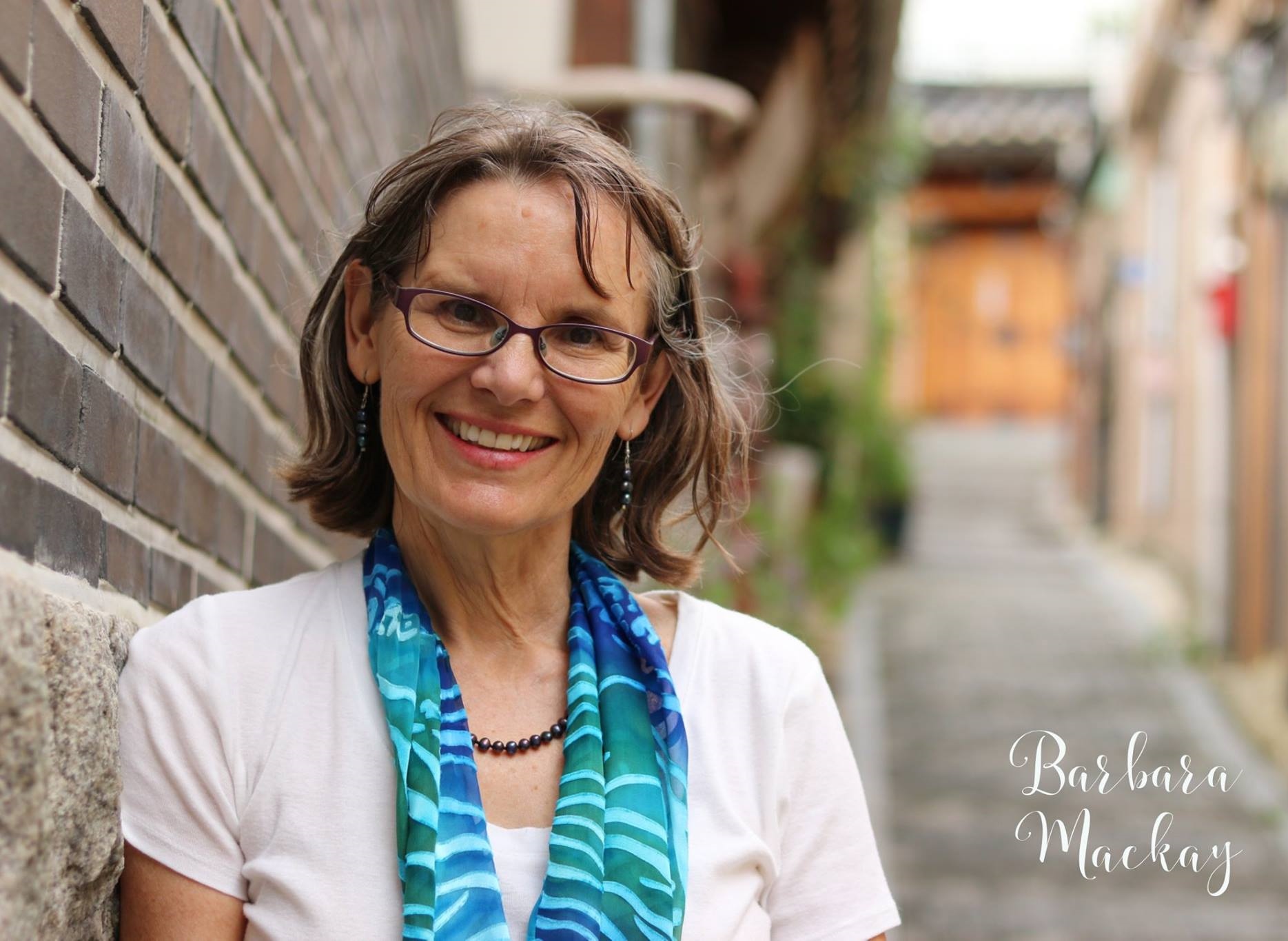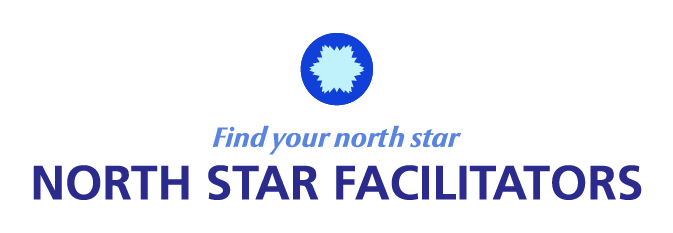Uncovering Opportunities – A Facilitator’s Early Response to a Global Shutdown

During the 2020 COVID-19 pandemic, some of us are finding lots of opportunities to offer our skills and services as process facilitators. And others are not. I want to acknowledge that both are true right now. And neither is better than the other. It just is. Nonetheless, I also want to emphasize that there are many, many ways to look at this as an “opening” time. More than ever, the world has had to collaborate as we uncover and discover how to handle a global pandemic. Each community, nation, team, family and individual faces a different situation. And yet the more we listen to each other in respectful ways, the more we can support each other in handling our unique situations.
The task of the process facilitator is to honor every perspective and uncover the hidden gem beneath it. Thus, we all need to gain the skills of a process facilitator right now. For example, recently in my own country, a leader posed a question that health authorities dismissed as ridiculous. But my facilitator brain actually thought, “Hmmm, if we took the ridiculousness away, how might we change this idea to work?” In other words, while everyone else was making fun of the comment, I saw the potential lateral thinking that could occur that would result in a novel and useful idea. That is how I’ve been trained. I’ve been trained to think about every comment as having potential – not to be dismissed outright. Rather than dismissing it and judging it, how can an “off the wall” idea be helpful to the group?
In this blog I would love to share a little bit about how I have uncovered opportunity for myself. And, how I’ve seen my facilitator colleagues uncover opportunity. First, I’d like to specifically address all of us as process facilitators. Then I will speak to those who work externally as entrepreneurs. And thirdly, I will speak to those who work internally as facilitative leaders or organizational developmental specialists in their own organizations.
The Opportunities for All Process Facilitators (Internal and External)
As I move through the months of lockdown, isolation and big changes, I find I am going through some cyclical patterns. The cycles look a bit like this:

- Contentment that I have a chance to rest and step back to look at the big picture
- Extreme anxiety, worry and grief about the implications for those who I love and for the world in general
- Grateful and appreciative that no tragedy has occurred close to me
- Seizing opportunities to learn about how oppressive institutions work and how differing leadership responses lead to different outcomes
- Happy to still have time to reflect, rest, create, be quiet
- Extreme anxiety, worry, grief, shock, paralysis as the long term nature of this “daily change and disaster” becomes more obvious
- Repeat above… you might have had a different order of things

So what is the opportunity in these cycles? How do they reflect on what goes on in organizations and teams? They are symptomatic of the stages of grief. They are symptomatic of the stages of a group going through massive amounts of change. And in the change cycle, there is an opportunity for the facilitator to encourage the group to not stay in “hiding” too long. Our job is to uncover what the people are hiding from and to shorten the amount of time they spend in hiding. Our job is to expose all of the range of emotions, reactions and behaviors and help the group to find what is most helpful.
See what these change curves can look like taught to me a long time ago, but still so useful, by UK colleague Gary Austin, founder of Circle Indigo. The first (Figure 1) is how normal change occurs with no intervention. The second curve (Figure 2) is what we can do as adept leaders and facilitators to change this curve – sort of like flattening the curve of COVID-19 severe cases!


So the general opportunity that is open to all of us whether we are working inside or outside organizations, is to stay calm, present, authentic and curious. This is the time to listen deeply to people’s hearts and find a wise path forward that uses both rational and creative thinking. This is the time to help your group figure out what has to happen vs. what we want to happen. The facilitator’s tools are perfect to help people navigate change.
So what about those of us who are entrepreneurs and have lost a lot of opportunities to work?
The Entrepreneurial Facilitator – When You’ve Lost Work or Are Overwhelmed With Work (Outside or External Facilitators)
This is where I fit. I will be honest. I have lost a lot of work. And yet because I have had such a heavy load the last few years, and I’m trying to lessen my load in the next few years, the pandemic is largely a gift to me. For those of you just starting out as external career facilitators, this might feel devastating. I ask you to consider the following 5 key things:
- What new skills, knowledge, qualities must you cultivate for this moment in time to be on the leading edge of facilitation during the pandemic and post pandemic? Some might say, “I only want to learn how to do online facilitation”. Yes, I agree with that AND it’s certainly not the only thing. You have to learn to show empathy and use frameworks that help people through difficult times. You need to learn presence. You need to practice your listening skills. You need to become incredibly creative and innovative. This is just the short list. Choose the ones you want to work on over the new few years!
- The other thing I’ve noticed about many of my younger facilitator colleagues around the world is that they are getting more business than ever. They have scaled up their ability to deliver what they do online, and they have made themselves indispensable and available. Many of them have offered dozens of free sessions in the spirit of generosity. This has resulted in new clients that have come to them asking for online strategic planning, online conversations around change, teaching how to facilitate, teaching how to have online meetings, holding conversations on how to work remotely, etc. Some of us have started YouTube channels and podcasts. This is a perfect time to offer your skills freely knowing that it will result in paid work in the near or far future. Or, if you’re less worried about future clients or paid work, it may just be your way of making a contribution that feels meaningful and satisfying.
- Use this opportunity to gain clarity on what you offered in the past versus what must be offered now. What is the entrepreneurial opportunity here? What can you bring into focus to be of the highest service while still able to feed yourself and your family?
- What are you doing that is overwhelming? Are you evaluating each day carefully to see if it is sustainable for you? What could you say “no” to or give to another colleague to do? I do several calls or Zoom meetings outside walking when they are with colleagues versus clients. I take a good hour off for lunch and walk/move/dance 10 minutes (inside or outside) every few hours. I listen to calming music while walking. I take one day off a week without video meetings or much technology.
- Communicate with other generations. Mentor younger and/or less experienced facilitators as much as you can if you have more life “behind you”.
Now, what about those of us who are facilitating or leading inside organizations and feel at a loss about how to lead when you can’t see your people on a regular basis?
The In-House Facilitator: Facilitating from Within When You Don’t Have a Visible Connection with Your Team Members
I’ve talked with a few colleagues who work in-house but most of the suggestions below come from my own sense of what might be needed. I am also leading an international team of a dozen colleagues and speak from this perspective as well. The opportunity for you as in-house leaders is to develop compassion and agility. The skillset of the new leader in this time is to be agile, creative, accommodating, strategic, and honest. I would also add vulnerable. An example of being vulnerable would be honestly admitting that you need capacity building in online meetings. Here are five key opportunities for you to consider if you have not done them yet:
- Create a schedule of connecting with your team members, whether it be bi-weekly video chats or daily check-in meetings with remote workers. When you don’t hear from some people, check in on them. They may have gone into the invisible part of the change curve (See section 2 and 3 of Figure 1 above).
- Ask for help from your team members if you are not technologically up to speed yet. Don’t resist the new technology. Just ask to learn it with “hands-on” help if it is challenging for you. People will respect and admire you for modeling being a vulnerable leader.
- Pause – use this as an opportunity to think about how you want to be as a leader during and post-pandemic. Practice new qualities that you want to bring into competency.
- Pause also with your team to ask, “Who do we want to be post pandemic? What do we want to be providing?” Have your team re-envision themselves so that people will have a bright “north star” in which to focus.
- Create a new vision with a diverse set of organizational members. I asked several esteemed Canadian colleagues if strategic planning was still a useful thing to do during pandemic times – they enthusiastically said yes! More than ever it is essential that 1) we think about what is the new future we want and, 2) be strategic about how we get there. If you work in an organization for social change, health equity, sustainable development, or creation of innovative products for example – this is your time. This is the pause you needed to refocus, gain clarity and make a really big difference for all of us – not just a few.
In summary, there are SO many opportunities – whether you are using this time to: build “muscle” in a new skill or leadership style; to reflect or to heal yourself; or become active in “feeding” the world with what it really needs NOW, not just feeding it something you think it needed in the past.
WHAT IS COMING UP FOR YOU AS YOU READ THIS? WHAT WOULD YOU ADD OR DISAGREE WITH? And, how are you doing?


